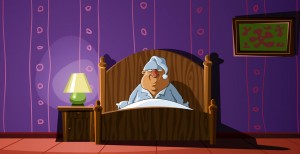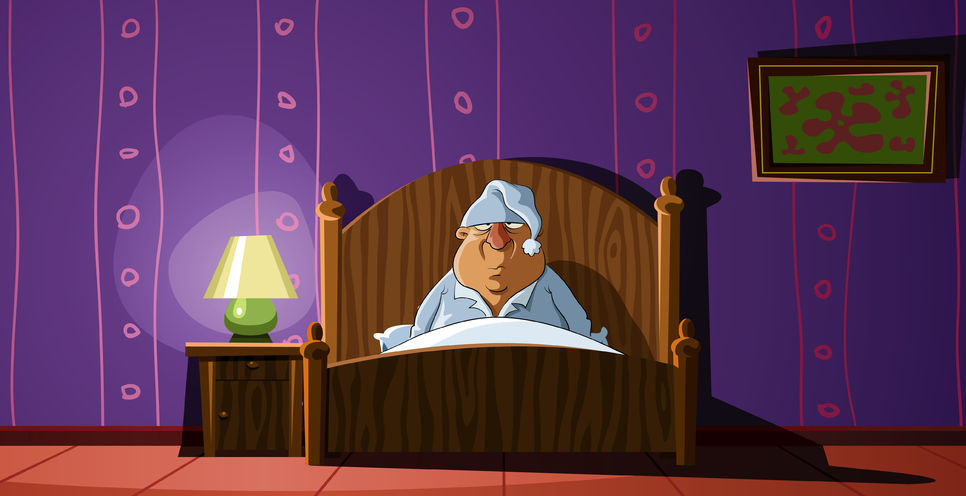Falling asleep with the TV on or leaving a light on next to the bed is a very common habit for a plenty of people. Although it can be tempting to leave the light on when we feel uneasy at night, doing so may lead to sleeping worse.
Researchers monitored 10 participants with healthy sleep patterns during 2 sleep sessions using polysomnography. In one of the sessions, they slept with the lights on, which came from a fluorescent lamp just a few feet away from the participants. During the other night, they slept with the lights off.
The results showed that while sleeping with the lights on, the participants had more shallow, stage 1 sleep and less slow-wave sleep, as well as increased stimulation during sleep. Changes to brain oscillations were also found; especially those implicated in sleep depth and stability. 9 out of 10 participants reported feeling their sleep was poorer with the light on.
While the study did not look at possible health consequences of leaving the light on during sleep, plenty of past research indicates how chronic poor sleep quality is detrimental to mental and physical heath. Earlier this year, a published articled detailed how artificial light stops sleep-promoting neurons and activates neurons linked with arousal. It also detailed the association between the rise of the electric light and the rise of sleep deficiency.
The optimal bedroom for is sleep is dark and cool. It is also important to avoid bright light exposure at least an hour before bed. Bright light slows the production of the body’s natural sleep-promoting hormone, melatonin. Find tips for how to create the perfect sleep environment here!



No comments yet.